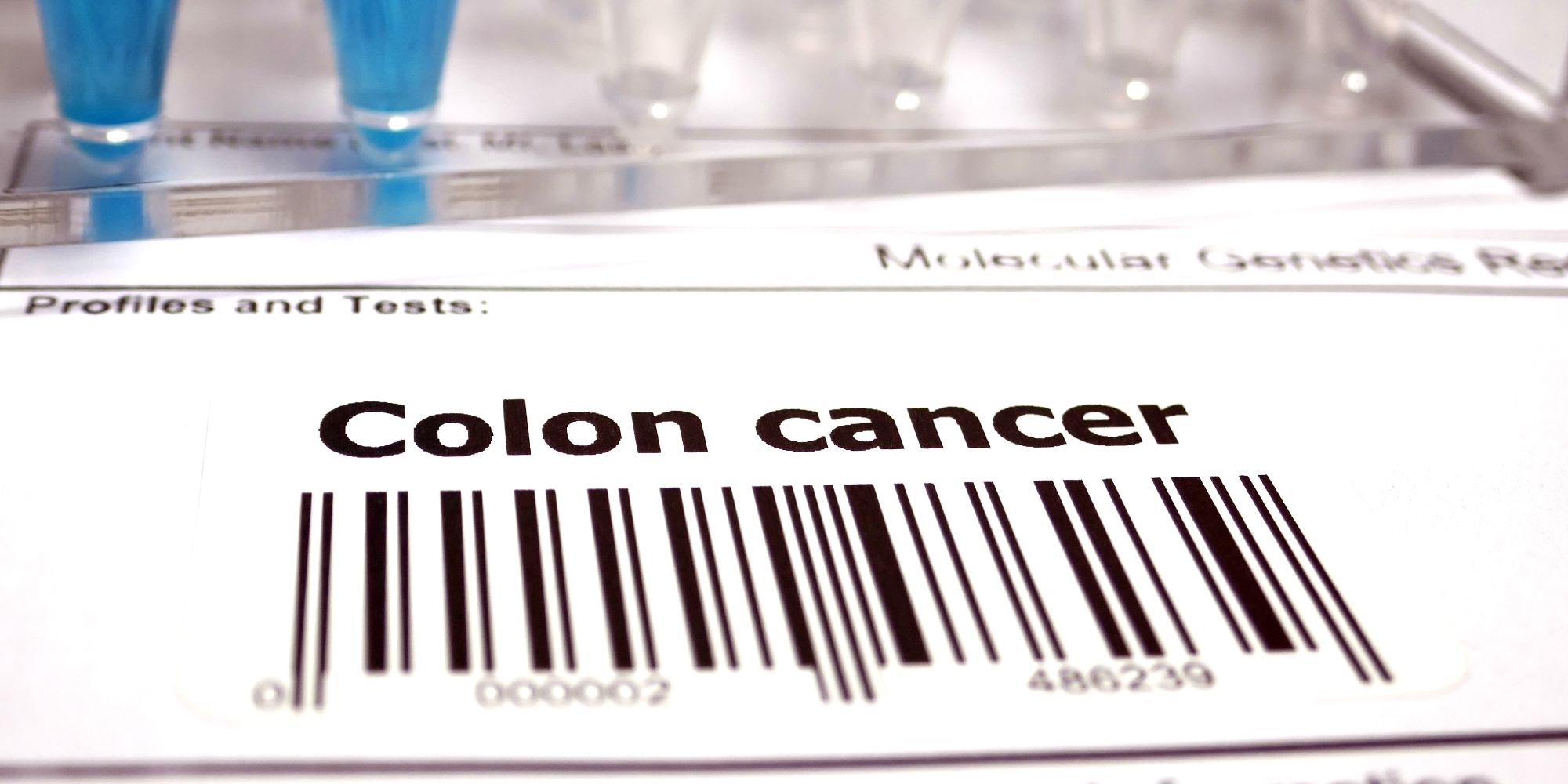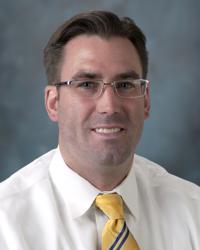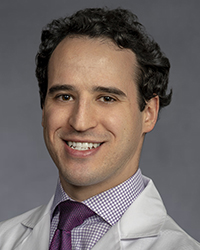How Genetics Can Raise Your Colorectal Cancer Risk
March 9, 2017
Categories: Colorectal Cancer, Cancer Care, Health & Wellness
Colon, rectal and other gastrointestinal cancers often develop without any symptoms.
However, early detection and even prevention of these gastrointestinal cancer are possible with the proper screenings.
Joshua Eberhardt, MD and Steven Hendler, MD, work together to help care for patients with colorectal cancer, including those who have developed cancer from genetic predispositions.
These experts answer common questions below about colon and rectal cancer, including the role genetic risk factors can play.
What role does genetics play in colorectal cancer risk?
At the most basic level, genetics plays a role in every colorectal cancer. Colorectal cancers usually develop due to genetic changes in normal cells, which subsequently lose their normal growth-regulating mechanisms.
The majority of colorectal cancers are probably the result of genetic mutations that occur because of an interplay of several different things, such as diet, lifestyle or smoking. These types of colorectal cancers don’t have an obvious inherited tendency.
5 to 10% of colorectal cancers occur because of well-known genetic mutations that are in fact passed down from generation to generation. These are mutations that we know about, we can test for, and, if found, we can provide guidance to patients regarding how they should be treated and looked after as time goes on.
At what age should one be checked?
Generally speaking, people who fit in the category of “average risk” should have a screening colonoscopy at age 45. This recommendation, which previously suggested starting screenings at age 50, is based on recent demographic trends of colon cancer affecting younger people.
Average risk means that they have no symptoms, no personal or family history of colorectal cancer or pre-cancerous polyps, and no other colorectal disease like ulcerative colitis or Crohn’s disease. Patients who are at increased risk should have screening done earlier.
To determine when exactly one should be screened or see a GI cancer specialist, they should talk with their primary care provider (PCP). Loyola’s primary care physicians are outstanding at providing this kind of guidance to patients.
What is the genetic risk assessment program?
Loyola Medicine offers a multidisciplinary gastrointestinal cancer risk assessment program that is a collaboration between our gastroenterology, genetic counseling and surgical specialists to develop tailored treatment and care plans for individuals at risk for different gastrointestinal cancers.
Risk factors the program looks for strong family histories of cancer or individuals who have a known genetic syndrome. This program works to develop personalized screening and/or treatment plans that are based on an individual's risk factors (which include genetic testing when applicable).
How does knowing if someone has or may have a higher genetic risk help?
If a patient is found to be at higher risk it helps in multiple ways.
First, knowing gives patients power. We can provide them with information and counseling, and that will allow them to understand their condition and make future decisions. Knowing one's risk factors impacts not only the patient but also their families.
Second, this knowledge may lead to recommendations that patients get more frequent testing or even surgery to prevent a problem from arising. Every patient is different.
How much can you reduce the risk — or can you prevent — colorectal cancer?
There is a large amount research going into colorectal cancer prevention. There are some promising studies looking at the effects that diet, exercise and smoking have on the development of colorectal cancer.
If you have concerns about these or other risk factors, you can self-schedule an appointment to speak with a Loyola Medicine physician.
When it comes to inherited genetic mutations that predispose to colorectal cancer, how we handle the situation depends on the patient and the exact condition they have.
For some conditions, surgery can virtually eliminate or at least drastically reduce the risk of colorectal cancer. For others, frequent colonoscopies and other tests are all that’s needed.
Joshua Eberhardt, MD, is a colon and rectal surgeon at Loyola Medicine. His clinical interests include colon cancer, endoscopy, rectal cancer and surgical treatment of inflammatory bowel disease.
Dr. Eberhardt earned his medical degree at University of Wisconsin Medical School and completed a residency in general surgery at Loyola University Medical Center and a fellowship in colorectal surgery at Cleveland Clinic Foundation.
Steven Hendler, MD, is a gastroenterologist and cancer geneticist at Loyola Medicine. His clinical interests include detecting and preventing colon cancer and management of high-risk genetic syndromes, such as Lynch syndrome.
Dr. Hendler earned his medical degree and completed a residency in internal medicine at the Icahn School of Medicine at Mount Sinai and completed a fellowship in gastroenterology at Stanford University Medical Center.
Book an appointment today to see Drs. Eberhardt, Hendler or another Loyola specialist by self-scheduling an in-person or virtual appointment using myLoyola.


